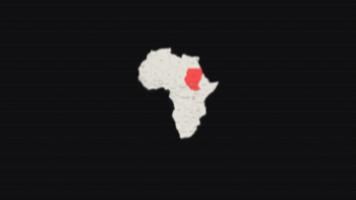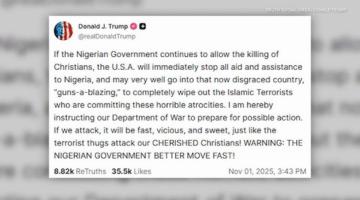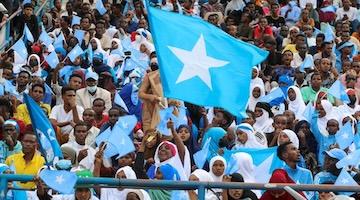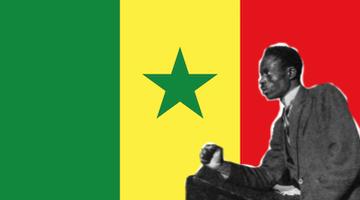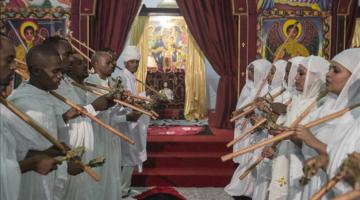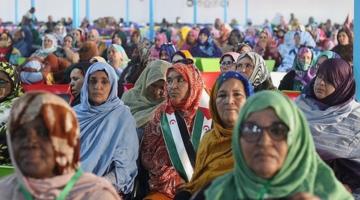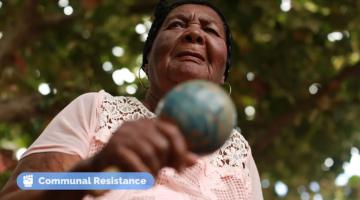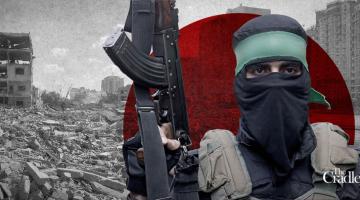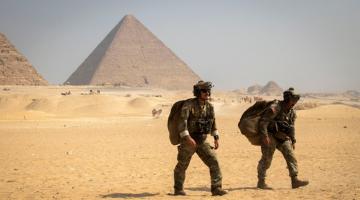Related Stories
Editors, The Black Agenda Review
“Thus it can be said that British colonialism is mainly responsible for the Southern Sudan problem…”
Raïs Neza Boneza
In 2025, Françafrique didn’t die — it just booked a seat on a French military plane.
Tunde Osazua
The threat of U.S. military action in Nigeria has little to do with protecting Christians and everything to do with domestic U.S.
Ajamu Baraka, BAR editor and columnist
Poverty is an artificial creation.
Editors, The Black Agenda Review
“This violence of the colonial regime…irreparably provokes the birth of an internal violence in the col
Ann Garrison, BAR Contributing Editor
Despite shared language, culture, and religion, Somalis still struggle to become a cohesive
Editors, The Black Agenda Review
“It is a lie that slavery has been abolished.
Jon Jeter
The Trump administration’s decision to fast-track asylum for white South Africans—claiming "persecution"—is a political stunt, ignoring that th
Moussa Ibrahim
The future of the Christian church on the continent depends on the ability to develop an authentic Af
Black Alliance for Peace US Out of Africa Network
For nearly 50 years, the Sahrawi people have waged Africa’s longest anti-colonial struggle against the Moroccan occupation, which is backed by
More Stories
- Chris Gilbert , Cira Pascual MarquinaAfro-Venezuelan communards on the southern shore region of Lake Maracaibo discuss the intersection of culture and organization.
- Mohammad al-AyoubiAs western powers push technocracy over sovereignty, Palestinian resistance movements warn that there can be no reconstruction without liberation.
- David KennerIsraeli and Arab military officials have come together for meetings and trainings, facilitated by U.S. Central Command, on regional threats, Iran and underground tunnels.
- Roger D. HarrisSolidarity activist and analyst Roger Harris takes stock of the rapidly escalating US military threats against Venezuela.
- Black Agenda Radio with Margaret KimberleyIn this week’s segment, we hear about a graphic novel that presents the history of Black armed resistance in the U.S. But first, we discuss the city of Chicago and how activists and communities are…

